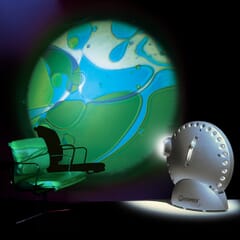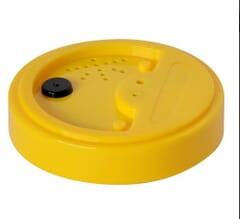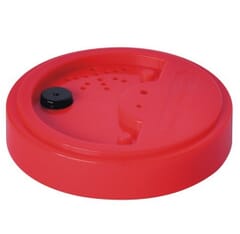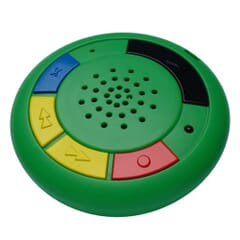Get exclusive deals you won't find anywhere else straight to your inbox.

Can Assistive Technology For Autism Help With Learning?
In recent years advancing assistive technology for autism has had a significant impact for those on the autistic spectrum disorder.
It has provided an alternative communication strategy and continues to make an ascending impact on quality of life, education access and development of social and relationship skills.
It offers a range of communication options in academic areas, speech and language therapy, fine motor skills and visual support.
No matter where we are, we often find individuals on smart phones or tablets as a norm. This is assumed and seen as a socially acceptable activity universally.
The increasing availability and affordability of hand-held devices such as mobiles, tablets and laptops are making it easier for everyone with special needs to access the resources they need, on-the-go!
Assistive Technology for autism is being aimed at helping children and adults on the autistic spectrum and those with additional needs by schools and parents/carers alike.
Quite often technology is so well received by the children and adults with ASD that very quickly their competence skills overtake that of their parents & carers.
It's increasingly becoming a vital teaching and calming tool, as it can offer visual support for improving understanding, particularly for visual learners.
KASPAR: Assistive Technology For Autism in The Classroom
During a recent showing of the popular BBC programme ‘6 Robots and Us’ a programme that explores the latest innovations in robotics, a ‘boy robot’ called Kaspar, was given to a young North London family who were seen to be struggling with their 4-year-old son Ethan who has autism.
It formed part of a trial by The University of Hertfordshire’s Adaptive Systems Research Group who utilised research that stretched as far back as 1998, to help them develop the Kaspar doll.

While the impact of Kaspar dolls is still in its early stages, it’s thought that this type of assistive technology for autism is useful in a broad sense in being able to teach young children about human emotions and feelings.
More specifically Kaspar has been able to help teach autistic children about body parts and appropriate physical interaction where his touch sensors are successful in helping distinguish gentle from harsh touch.
Many children with autism also have impaired social communication and social interaction skills, making it difficult for them to participate in different forms of social and collaborative play.
Kaspar has been successful in helping engage, motivate and encourage children through question and imitation led interaction.
It’s been thought that pairs of children with autism have shown improved social behaviours in playing with each other after they played in pairs with the robot Kaspar, compared to how they were before.

Apps For Adults With Autism
Adolescents and adults too can engage assistive technology for autism, to empower their learning and life skills.
Here’s a great tool from Autism Speaks. It’s a directory of apps that you can filter depending on age and stage of development.

SmartSteps
This is an app aimed at helping teenagers aged 13+ who are at high school or college level and who are on the autistic spectrum, have learning difficulties associated with Down Syndrome, ADHD or traumatic brain injury.
Smart Steps also offer those who need mental and/or emotional support at work, school, or out with friends. A supportive tool for those commencing a new job, college or institution.

For everyday problem solving, this app offers the user assistance in the form of ‘Decision Trees’ with improving...
- Life Skills
- Behavioral Intervention
- Communication
- Education
- Functional Skills
- Organisation
Pathways
Pathways is an app will help you jumpstart communication goals for those 18+, with over 100 instructional video examples, lesson plans, interactive goals grid for tracking progress and addressing behavioural challenges.
This app is perfect for learning with parents, teachers or therapists.
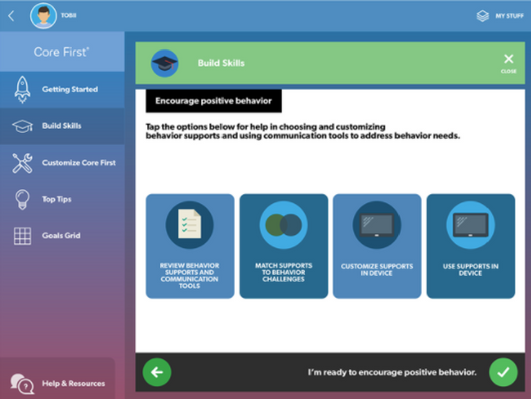
Assistive Technology for autism is becoming more and more specialised and adaptive than ever and it’s signalling a shift in the way we approach Augmentative and Alternative Communication (AAC).
However, as we transition from low-tech systems such as books, boards and pictures to more high-tech systems using tablets and mobiles for use in special needs, it’s important to remember that one-size doesn’t fit all and it’s important to use resources that work well with each user, as an individual.
Check out Sensory Direct’s own interactive toy range, including Multi Memo Voice Recorder, Talking Tins and Space Projectors.


